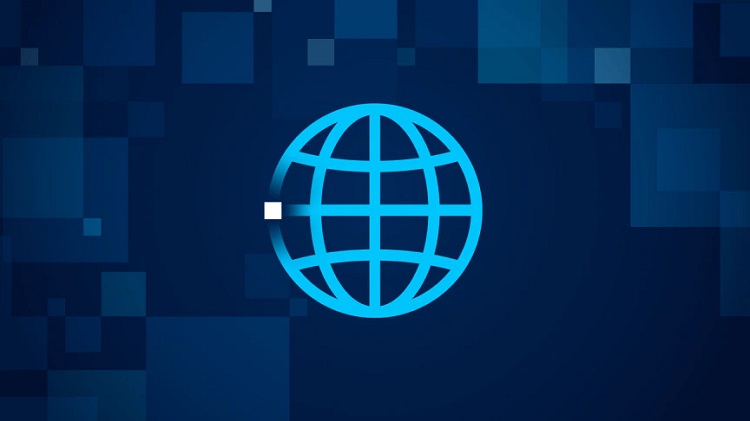
How quickly did you find this page to load?
The response is based on the device you're using and where you are in the world. The average internet speed varies greatly from nation to nation.
Which nations have the quickest internet access? This article compares the fixed broadband speeds of more than 200 nations to determine which have the fastest (and slowest) internet connections globally.
Before getting started, it's crucial to comprehend the major variables that affect a nation's internet speed. In general, the following factors affect internet speed:
Of course, other factors may influence a country’s internet speed too, such as government regulation and intentional bandwidth throttling, which is the case in countries like Turkmenistan.
With an average speed of 216.56 Mbps, Iceland boasts the fastest internet access in the entire world. A 5GB movie would take little over three minutes to download. Many would contend that having the greatest internet in the world also means having the quickest internet.
|
Rank |
Country |
Speed (Mbps) |
|---|---|---|
|
1 |
Iceland |
216.56 |
|
2 |
Liechtenstein |
166.22 |
|
3 |
Andorra |
159.80 |
|
4 |
Taiwan |
135.88 |
|
5 |
Luxembourg |
131.95 |
|
6 |
Japan |
122.33 |
|
7 |
France |
120.01 |
|
8 |
USA |
118.01 |
|
9 |
Singapore |
116.62 |
|
10 |
Spain |
115.61 |
The world's slowest broadband, with an average speed of just 0.77Mbps, is found in Turkmenistan. A 5GB movie would require more than 14 hours to download.
|
Rank |
Country |
Speed (Mbps) |
|---|---|---|
|
1 |
Turkmenistan |
0.77 |
|
2 |
Timor-Leste |
0.94 |
|
3 |
Yemen |
0.97 |
|
4 |
Guinea-Bissau |
0.98 |
|
5 |
Afghanistan |
0.98 |
|
6 |
Equatorial Guinea |
1.34 |
|
7 |
Somalia |
1.60 |
|
8 |
Ethiopia |
1.68 |
|
9 |
Eritrea |
1.89 |
|
10 |
Tajikistan |
2.02 |

World-wide internet speed
With an increase of about 15% to 34.79Mbps, the average internet speed worldwide is accelerating. It is important to note that the industrialized nations who are most responsible for this increase are those that have developed infrastructure and are therefore able to implement the most recent technology. Comparatively speaking, the lowest half of the ranking experiences much less development than the top half, which results in less change in the availability, rollout, and uptake of speedier infrastructure.
Generally speaking, smaller, more developed nations tend to have the quickest internet speeds. The internet will probably be slower in countries that are both larger and less developed. When it comes to a country's size, it is typically considerably simpler to roll out 5G mobile internet and FTTP full fibre broadband to a smaller population or territory.
5G is already offering greater mobile internet connection speeds than ever before in the countries where it is in use. For instance, the average 4G connection speed in Saudi Arabia is 28.9 Mbps, and the average 5G connection speed is 414.2 Mbps. After 5G became commercially available, researchers started focusing on 6G. The faster spectrum band that 6G uses will enable connections that are many times faster than those of 5G. Data speeds that users experience on 5G are 100 Mbps, and it is anticipated that these rates would increase to 1,000 Mbps on 6G connections. 6G is anticipated too also.